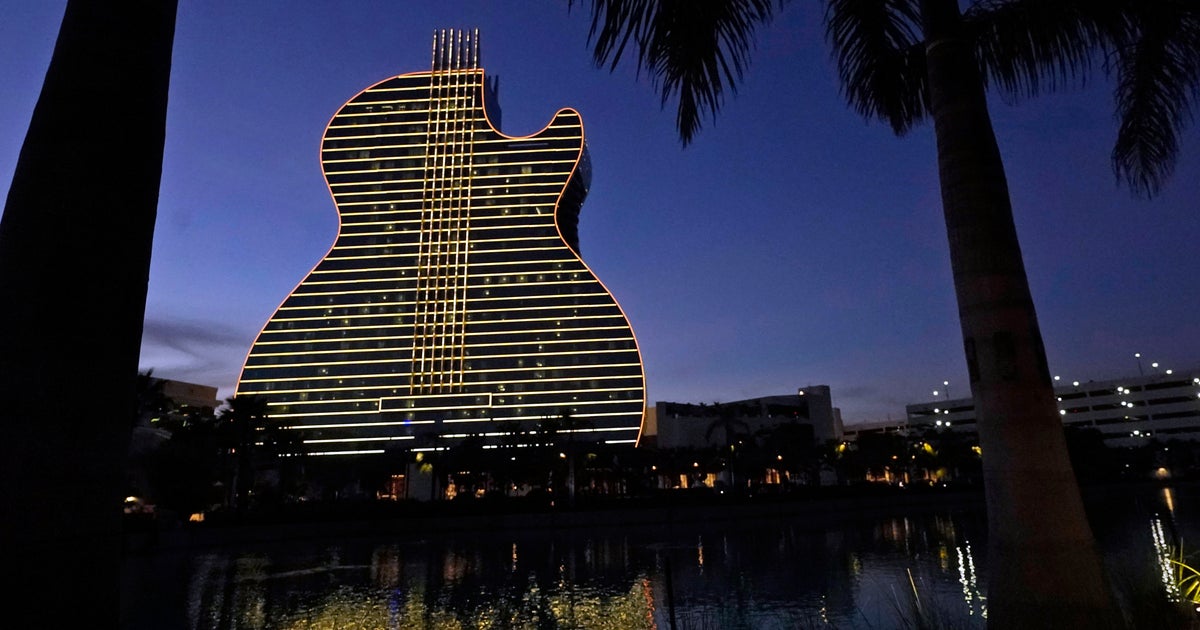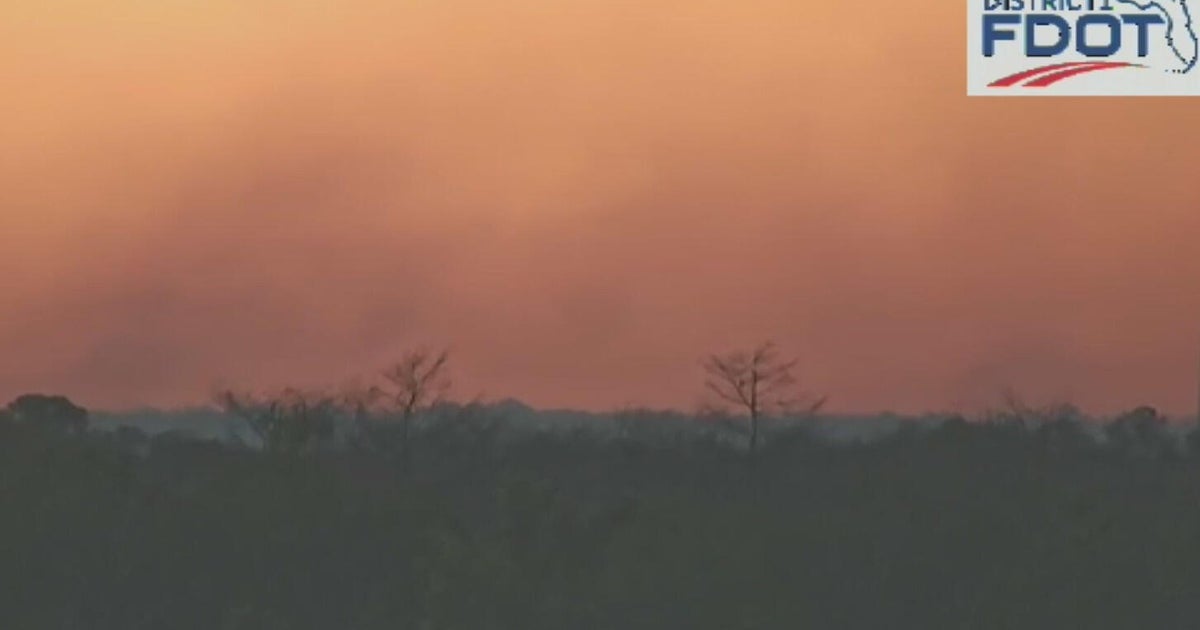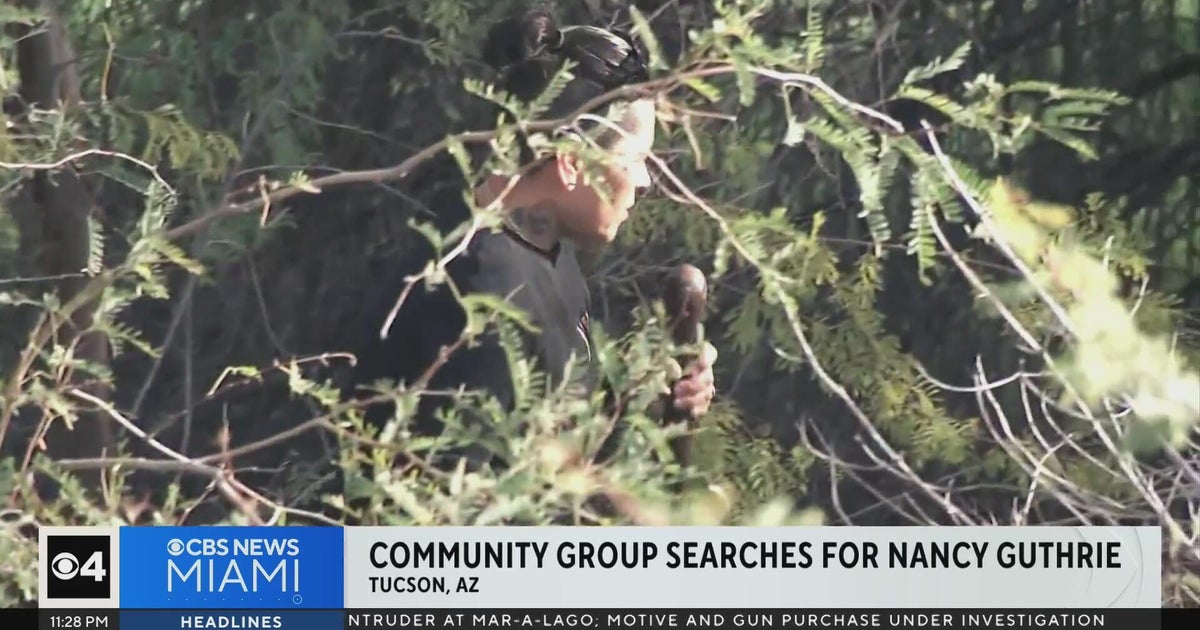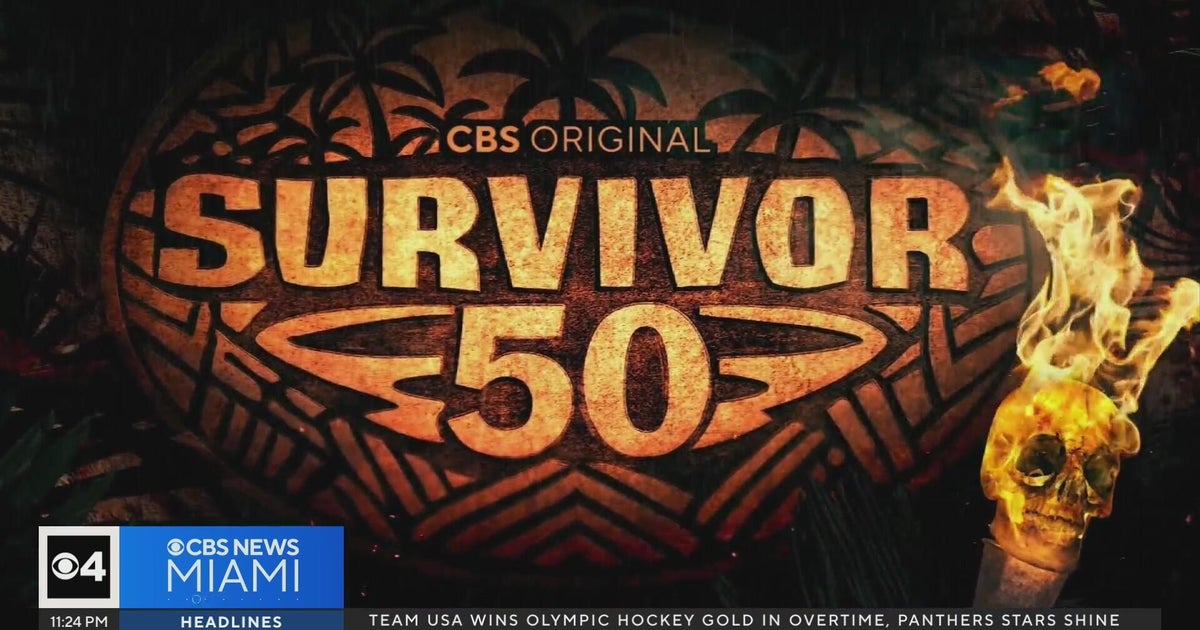TALLAHASSEE – Gambling organizations tough a deal that permitted the Seminole Tribe to supply online sporting activities betting statewide are not able to make their situation specifically to the Florida Supreme Court, justices unanimously ruled Thursday.
The selection is the most current in a string of legal defeats for pari-mutuel corporations West Flagler Associates and Bonita-Fort Myers Corp., which have fought the sporting activities-betting system in state and federal courts.
The circumstances stem from a 2021 gambling deal signed by Gov. Ron DeSantis and Seminole Tribe of Florida Chairman Marcellus Osceola Jr. The 30-calendar year offer features a “hub-and-spoke” provision allowing for the Seminoles to accept mobile sports activities bets put any place in the condition, with the wagers run as a result of servers on tribal land.
The point out court docket challenge – filed by the firms and an proprietor, Isadore Havenick – alleges that the deal violates a 2018 constitutional modification that restricted casino gambling. The deal, which is envisioned to carry in billions of bucks for the condition, was ratified by the Legislature.
Thursday’s ruling did not address the deserves of the lawsuit but turned down the companies’ petition for what is regarded as a “writ of quo warranto,” which usually means “by what authority” in Latin.
In the 11-web site opinion, Justice Meredith Sasso cited a 1920 ruling that said quo warranto has been utilized to “check the right of a person to maintain an place of work of franchise or work out some correct or privilege the peculiar powers of which are derived from the condition.”
“But quo warranto is not and has never been, the right vehicle to acquire a declaration as to the substantive constitutionality of an enacted regulation. For that reason, we deny the petition for the reason that the relief that petitioners seek out is beyond what the writ of quo warranto provides,” Sasso wrote.
The gambling deal, along with providing the Seminoles regulate of athletics betting, allowed the tribe to offer craps and roulette at its casinos. The deal, recognised as a compact, also would allow the Seminoles to incorporate a few casinos on tribal residence in Broward County.
The tribe pledged to pay the state a minimum amount of $2.5 billion in excess of the first 5 decades and potentially billions of bucks much more throughout the pact.
The Seminoles in November started accepting cell athletics bets and in December introduced the new table games and athletics books at their casinos. Jim Allen, CEO of Seminole Gaming and chairman of Difficult Rock Intercontinental, instructed The Information Services of Florida at the time that the tribe expects to pay back the state at minimum $650 million around the next year beneath the deal.
Thursday’s ruling “is a important victory for the people of the point out of Florida, who can rely on billions of dollars about the coming several years to fund essential point out needs,” Gary Bitner, a spokesman for the tribe, claimed in a statement.
“Floridians and readers can appreciate statewide sporting activities betting and expanded on line casino game titles, now and into the potential. And it means the Seminole Tribe of Florida can have self-assurance in the future,” Bitner mentioned.
The pari-mutuel companies’ lawsuit accused DeSantis and the Legislature of exceeding their electricity by allowing for sports activities betting off tribal lands, describing it as an “abuse of authority.” The lawsuit argued the sporting activities-betting provision violates the 2018 constitutional amendment, which mentioned, in section, “for on line casino gambling to be approved under Florida legislation, it will have to be authorised by Florida voters.” The constitutional amendment bundled an exception for gambling that will take location on tribal land.
Pointing to prior court docket rulings, the lawsuit, in element, argued that quo warranto “is the suitable mechanism to implement the public’s suitable to have its governor and other state officers physical exercise their energy in a constitutional manner.”
But Sasso wrote that “even so considerably afield from its first perform the present use of quo warranto has wandered, this (Supreme) Courtroom has never ever permitted use of the writ in the way which petitioners seek – to address the substantive constitutionality of an enacted regulation.”
The pari-mutuel providers could obstacle the constitutionality of the compact in a extra usual lawsuit in circuit court docket, Thursday’s ruling indicated.
“Eventually, the reduction that petitioners look for is past what quo warranto gives. We have never utilized the writ to check the substantive constitutionality of a statute, and we drop the petitioners’ implicit invitation to broaden the scope of the writ below. To do so would serve as an affront to an essential element of quo warranto – that it is employed to obstacle the authority to physical exercise a state electricity alternatively than the merits of the action,” Sasso wrote.
The state courtroom ruling is the most recent setback for the pari-mutuel providers in their problems to the gambling deal, which is regarded as a compact.
In a federal lawsuit, a U.S. district decide in 2021 sided with the companies. But an appeals court past summertime upheld a determination by the U.S. Office of the Interior, which oversees gambling on tribal lands, to let the compact to shift forward.
The pari-mutuel corporations last thirty day period sought U.S. Supreme Courtroom evaluation of the appellate court’s decision, arguing that nothing in federal regulation authorized the Office of the Inside to authorize gambling off of tribal lands. A crucial challenge in that circumstance is the federal Indian Gaming Regulatory Act, or IGRA.
The athletics-betting aspect of the compact was used “as a backdoor all-around point out constitutional prohibitions versus on the internet athletics gambling executed off tribal lands” and produced “a sports gambling monopoly” for the tribe, the petition submitted Feb. 8 at the U.S. Supreme Court docket claimed.
“This problem is extremely important not just for the people today of Florida, but for the nationwide precedent it will set for other state-tribal compacts if the Court of Appeals’ affirmative remedy is remaining undisturbed – as an end-run not just all around point out-regulation prohibitions on gaming off tribal lands, but also all-around Congress’ limitation of IGRA’s federal imprimatur to gambling on tribal lands,” Hamish Hume, an lawyer with the Boies Schiller Flexner business, wrote.
West Flagler holds a few jai alai licenses, though Bonita-Fort Myers Corp. does business enterprise as Bonita Springs Poker Home in Southwest Florida. They contend they could be damage financially by the tribe offering online sports betting statewide. Associates of the organizations did not respond to requests for comment Thursday.




